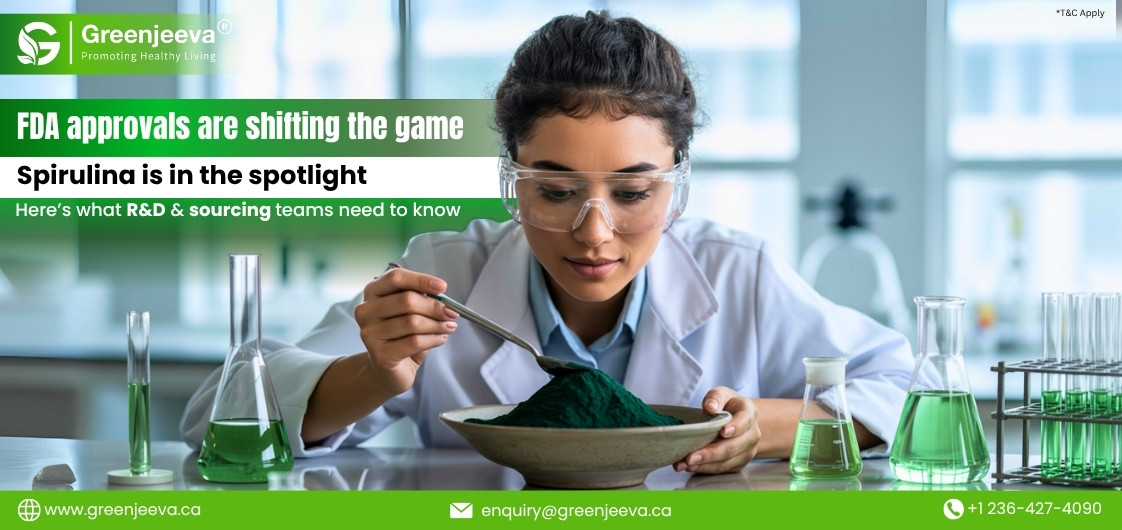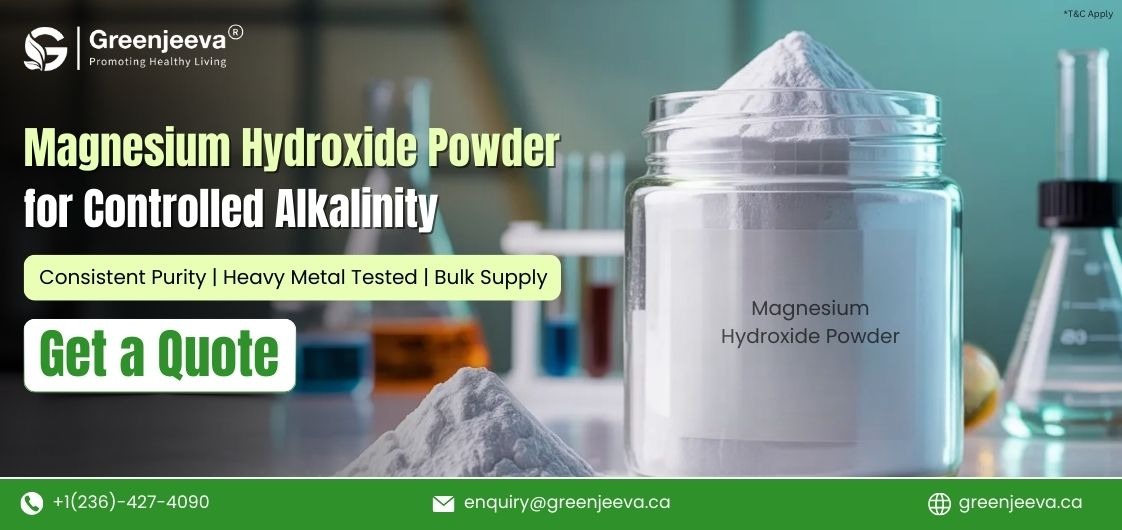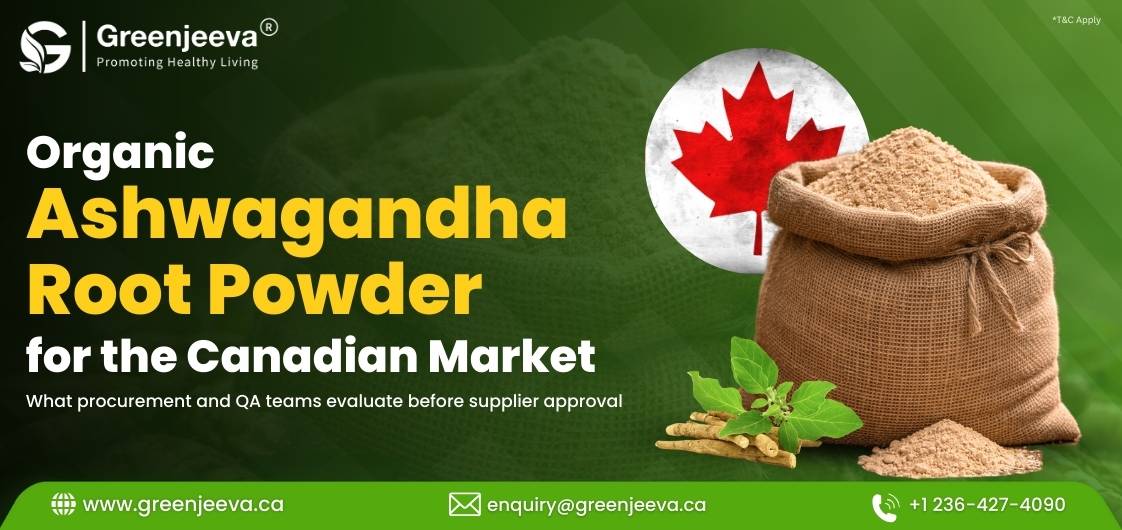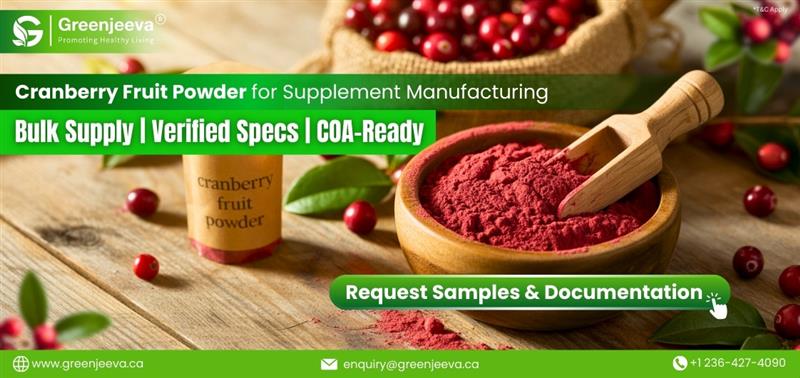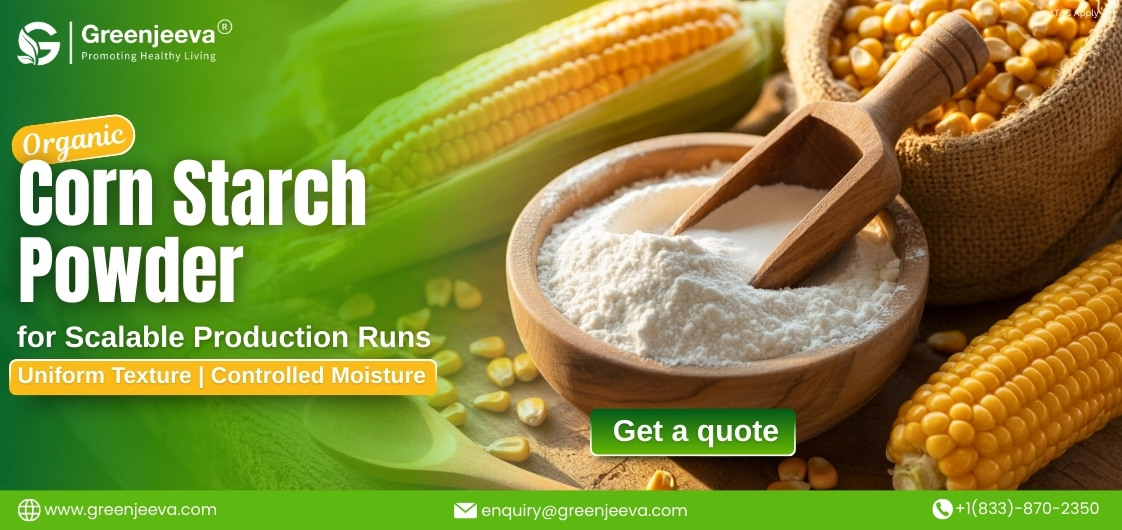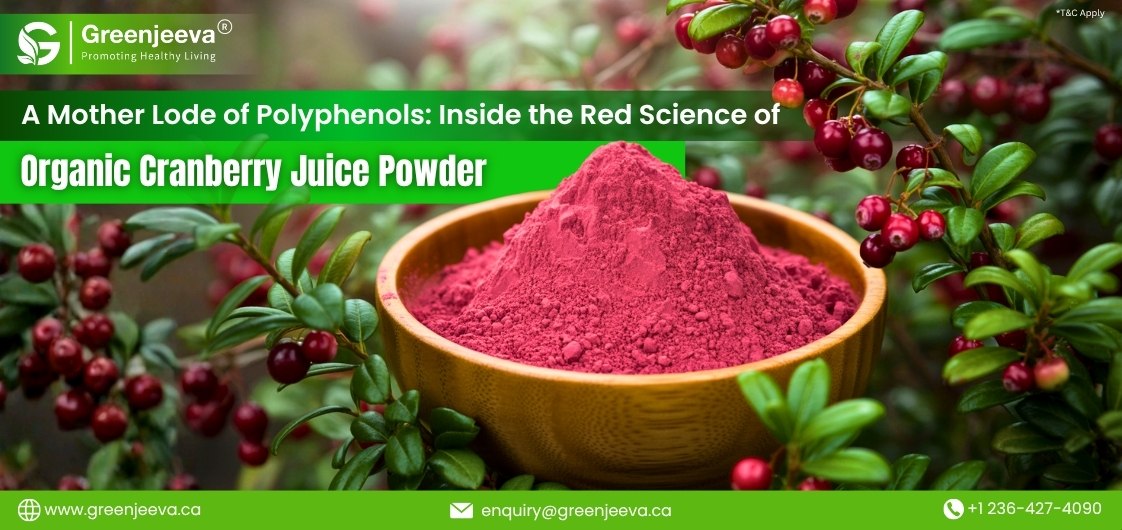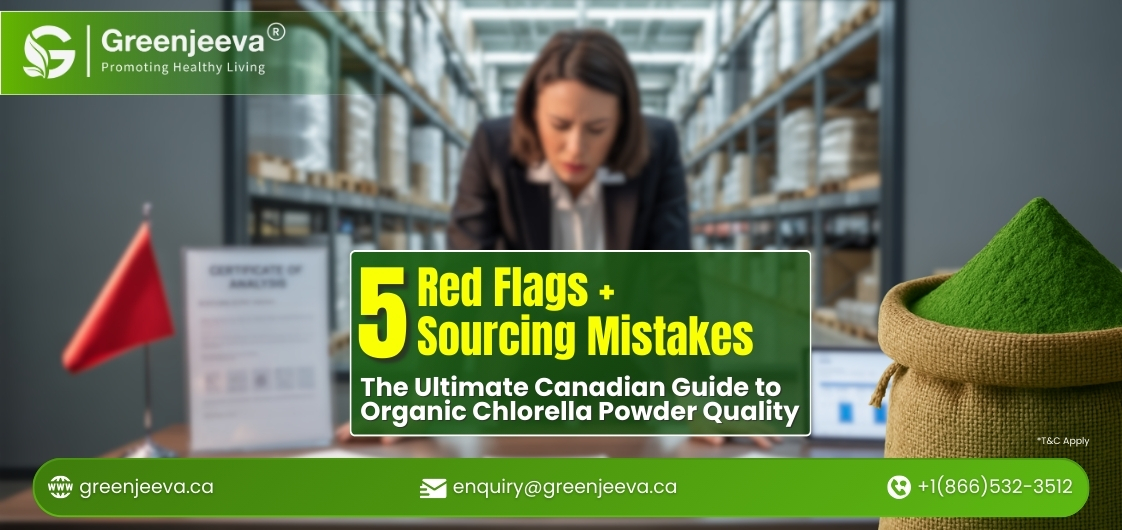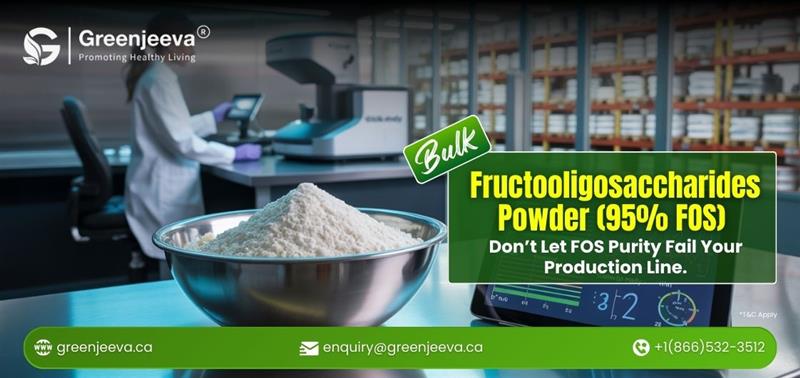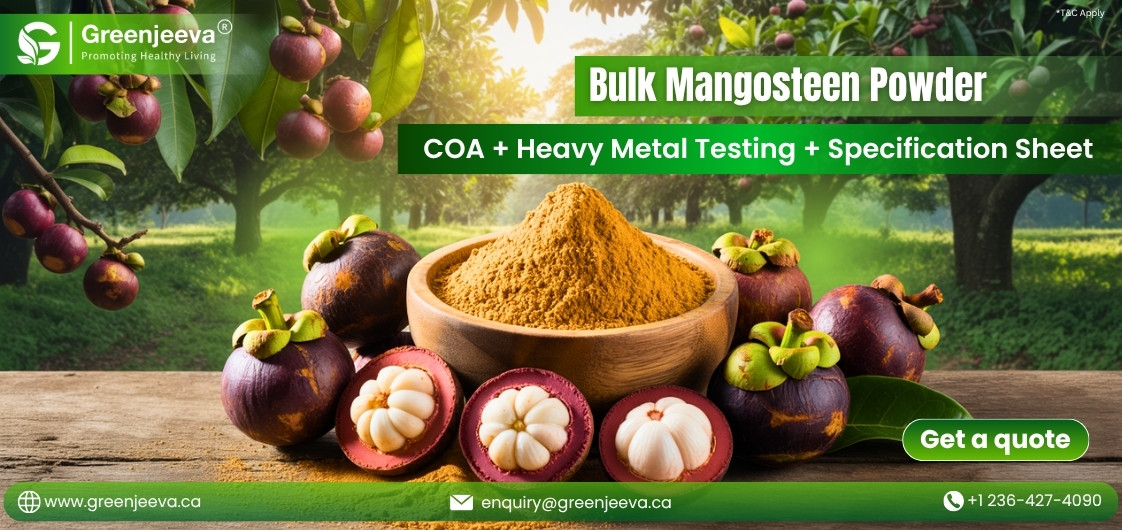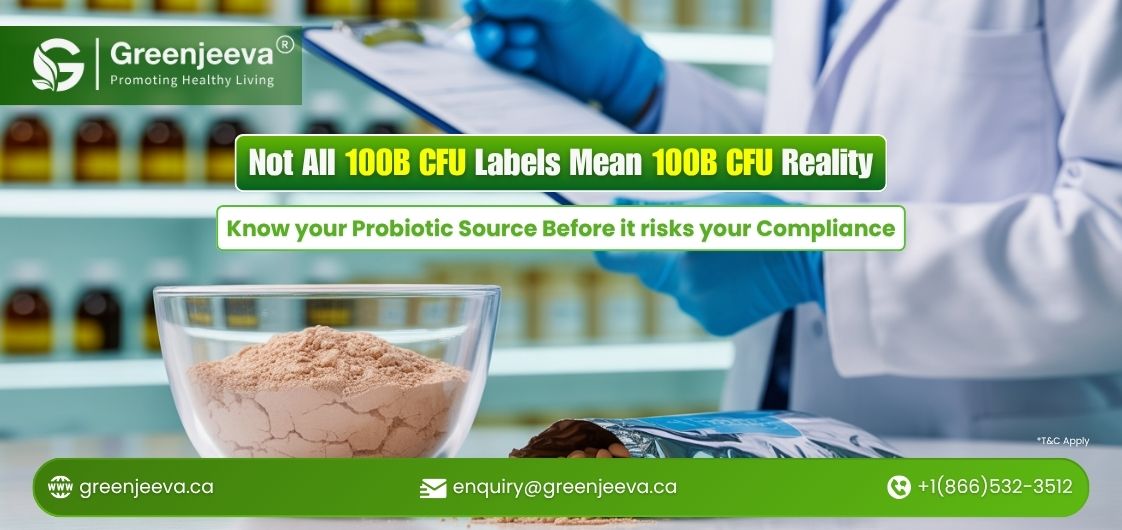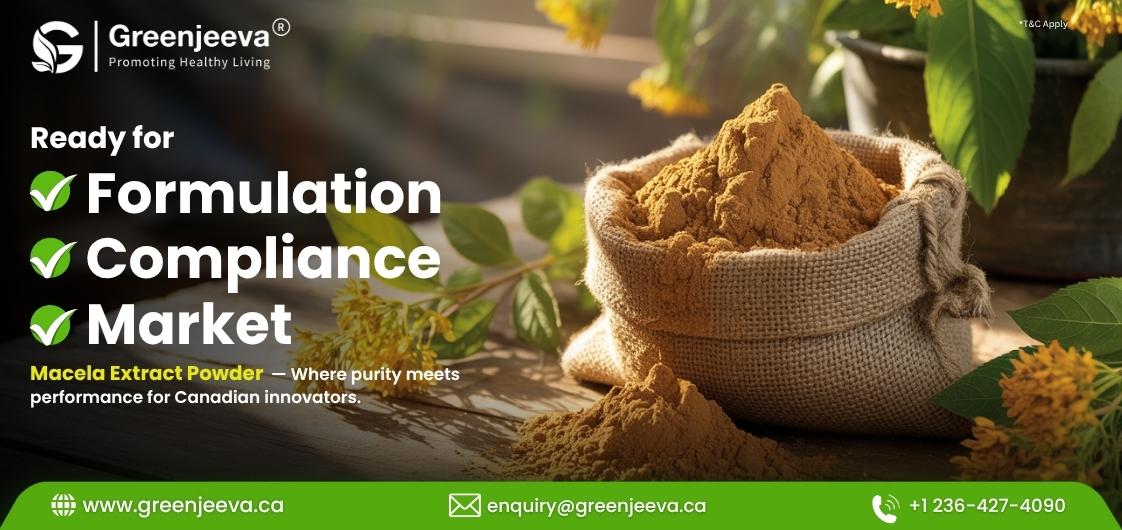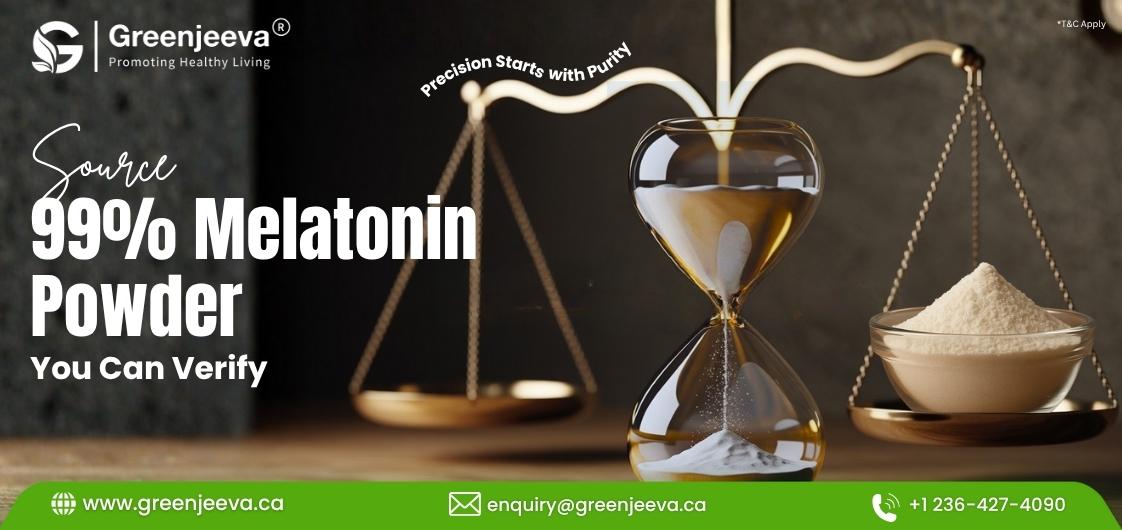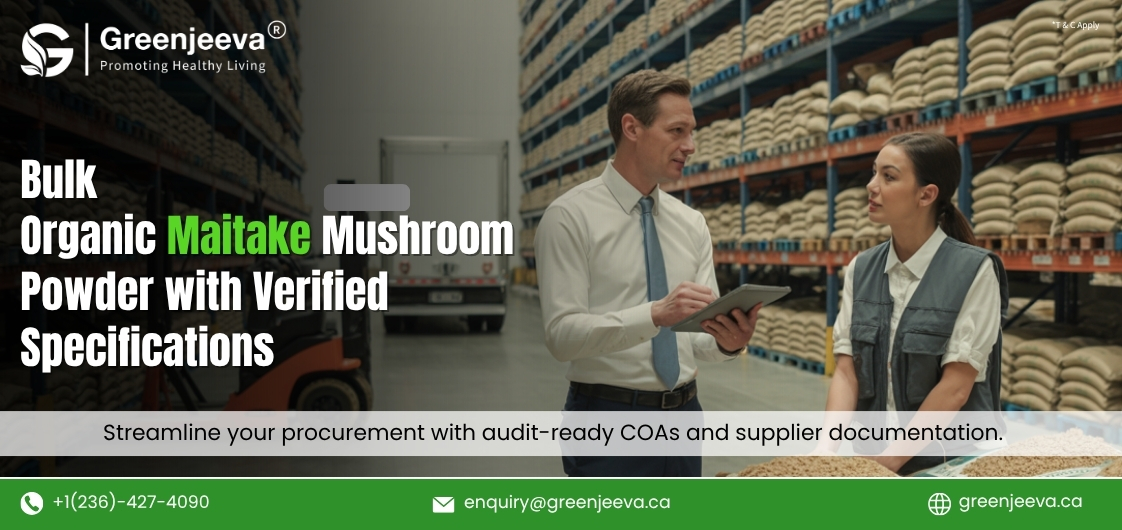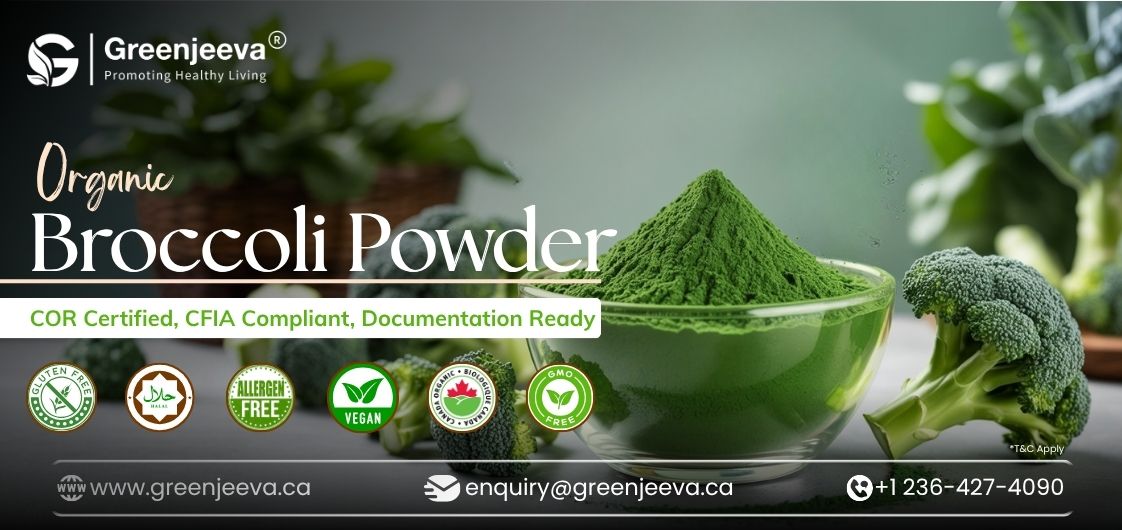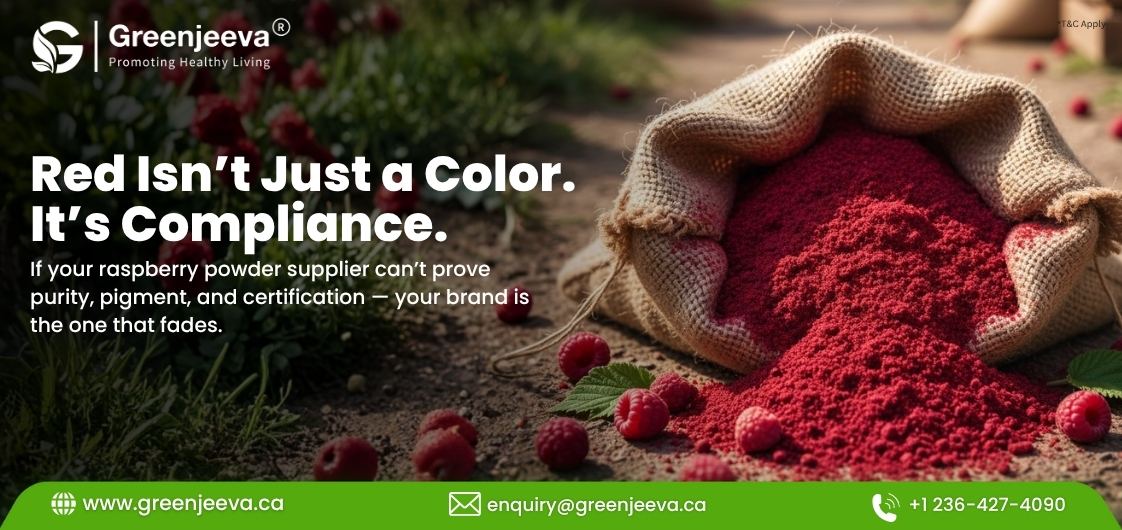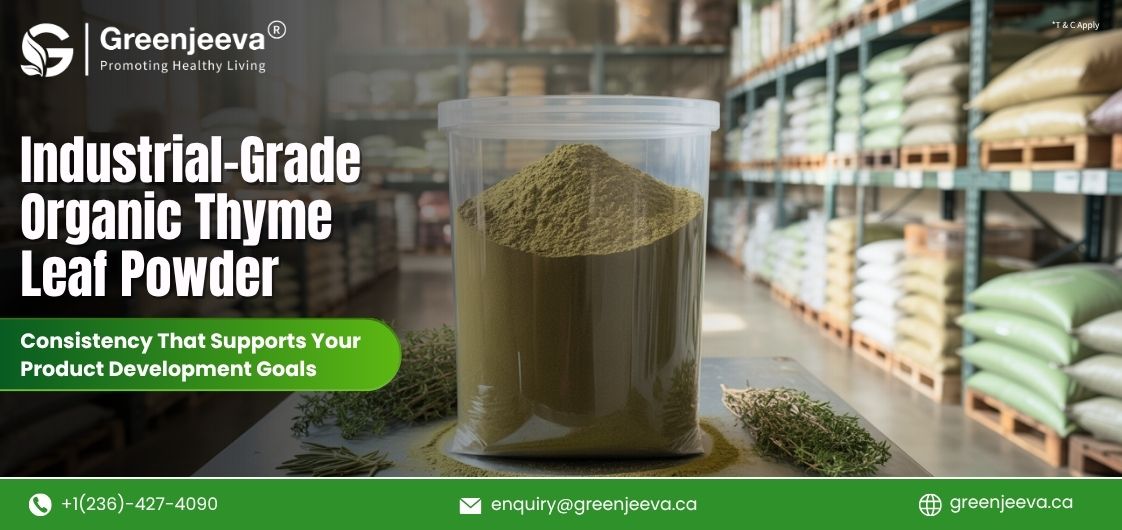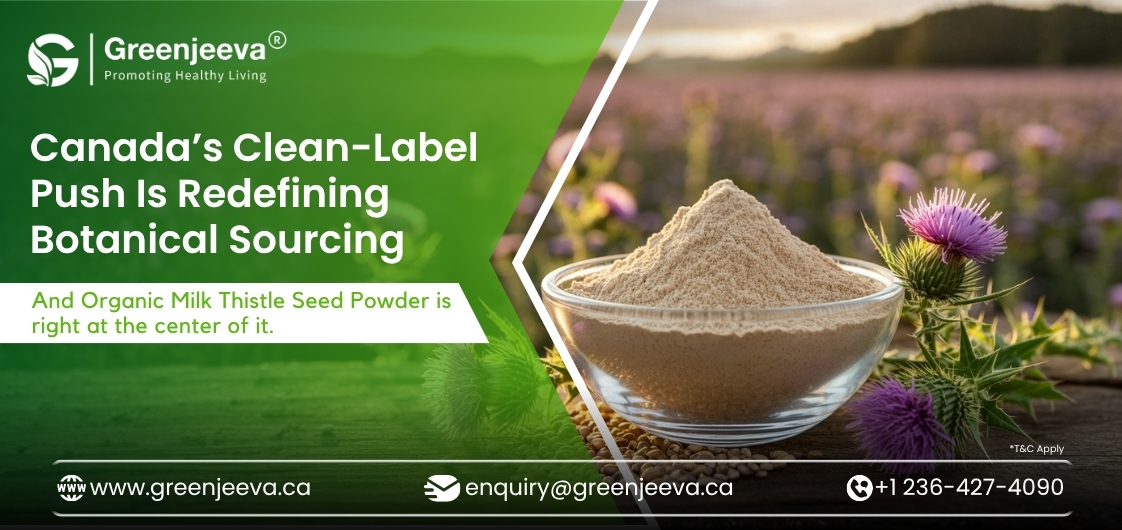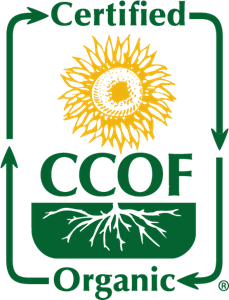In July 2025, the U.S. FDA approved gardenia blue, a plant-based pigment, for use in foods and beverages, a move that reinforces a broader regulatory shift. Synthetic dyes like Red Dye 3 are under growing scrutiny, and agencies are clearly signaling a preference for traceable, plant-derived colorants over petroleum-based additives.
For manufacturers across North America, it is a practical nudge to reformulate with natural inputs that align with evolving safety standards and consumer demand. This is where Organic Spirulina Powder enters the conversation. Known for its natural blue-green pigment and compatibility with clean-label standards, it’s become a preferred option for formulators looking to replace synthetic dyes without compromising on texture, color integrity, or process stability.
But as demand increases, so do sourcing complexities. Bulk buyers now face a crowded supply landscape and not every product labeled “organic” or “non-GMO” meets the formulation, documentation, or compliance standards needed for regulated markets like Canada.
This guide breaks down what manufacturers, sourcing heads, and formulators should know before integrating spirulina as a natural colorant—and what to check when sourcing it in bulk, at wholesale pricing, with verified documentation.
What Is Organic Spirulina Powder Used for in Cosmetics and Supplements?
Organic Spirulina Powder is used in clean-label formulations across cosmetics and supplements primarily for its color, protein content, and formulation properties.
Derived from Arthrospira platensis, it is a fine green-blue powder obtained from freshwater algae cultivated in controlled, chemical-free environments. It is processed through spray-drying or freeze-drying techniques to preserve quality, making it suitable for manufacturers seeking USDA Organic Spirulina Powder.
In the cosmetics sector, it is often used as a natural green-blue colorant, offering pigment functionality in facial masks, lotions, and soaps. In supplements, it is valued for its high protein composition and its role as a plant-based input that supports label claims.
Can Spirulina Replace Synthetic Colors in Clean-Label Formulations?
Yes, Organic Spirulina Powder can be used as a natural alternative to synthetic colors in clean-label product formulations.
Spirulina’s phycocyanin content gives it a unique blue-green color that can serve as a natural pigment alternative to synthetic FD&C colors. This functionality supports its growing use in:
– Nutraceutical drink powders and gels
– Chewable and gummies
– Cosmetic formulations like creams and masks
It performs well in formulations targeting natural claims, such as Non-GMO Spirulina Powder, where stability and pigment integrity are crucial.
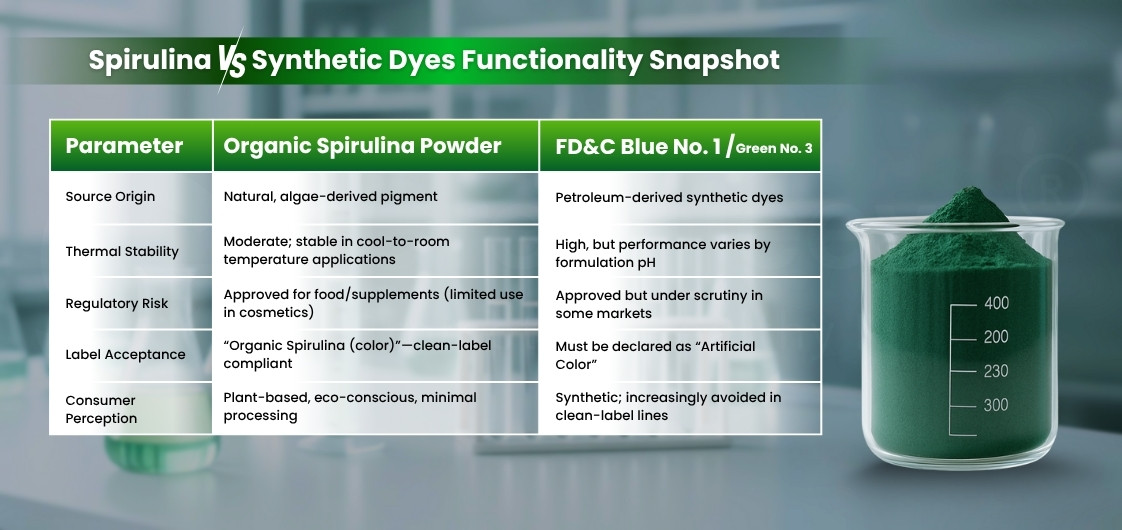
How Does Organic Spirulina Powder Support Formulation Efficiency?
Organic Spirulina Powder contributes to formulation structure, texture, and suspension without synthetic additives.
Beyond its coloring capability, Spirulina Powder offers multiple formulation advantages:
– High protein concentration (approx. 60–70%), making it ideal for protein-fortified products
– Low moisture content, contributing to improved shelf stability
– Fine particle size, enabling smooth dispersion in liquids and gels
It fits well into applications that demand performance and appearance without compromising label integrity, meeting clean-label and organic sourcing requirements for industrial buyers.
What Should You Check Before Sourcing Spirulina Powder in Bulk?
Buyers should review specifications, certifications, and testing reports before bulk procurement of Organic Spirulina Powder.
When sourcing Bulk Organic Spirulina Powder, especially for Canada-based manufacturers, several critical checks are necessary:
Mandatory Certifications and Documents:
– USDA Organic, Canada Organic Regime (COR)
– COA detailing phycocyanin content, protein %, moisture, heavy metals
– Allergen report
– Microbial load report
– Material Safety Data Sheet (MSDS)
Key Supplier Capabilities:
– Ability to supply Spirulina Powder with COA and proper batch traceability
– Recognition as a FSSC 22000 certified Spirulina Powder supplier
– Capable of same-day shipping Spirulina Powder in Canada or U.S.
– For sourcing teams and R&D professionals, this information helps avoid compliance delays and ensures seamless production.
What Is the Bulk Spirulina Sourcing Checklist for Canadian Manufacturers?
A sourcing checklist should focus on purity, documentation, compliance, and logistical readiness.
Procurement managers should ensure the following before placing orders:
– Confirm moisture level ≤ 10% and phycocyanin ≥ 12%
– Confirm it is an Organic Spirulina Powder bulk supplier certified under USDA/NOP and COR
– Ensure Non-GMO declaration and vegan compliance
– Assess whether the product meets your blendability and suspension needs
– Request samples with technical datasheet
– Confirm the supplier offers wholesale pricing with a defined bulk supply model
This ensures traceable, compliant, and functional ingredient sourcing for B2B operations.
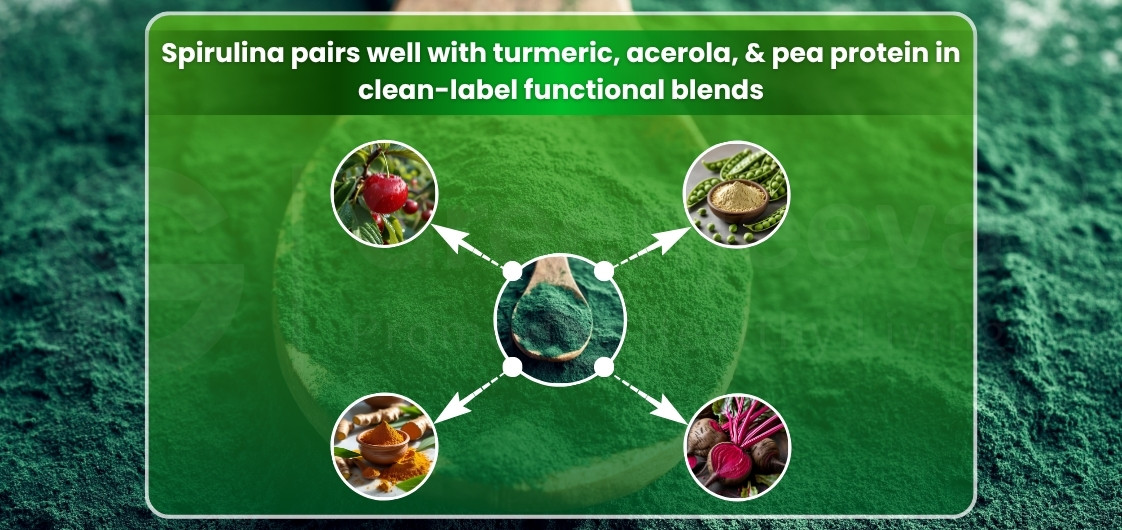
Is Spirulina Powder a Natural Colorant for Supplements and Cosmetics?
Yes, Spirulina Powder is accepted as a plant-derived colorant for clean-label products across multiple industries.
– Its phycocyanin pigment makes it ideal for coloring:
– Functional beverages and energy powders
– Chewable tablets, gummies
– Personal care emulsions and creams
Unlike petroleum-based synthetic dyes, Spirulina as a natural colorant meets the rising demand for clean-label formulations without requiring excessive additives or chemical stabilizers.
What Certifications Should Spirulina Powder Have for Clean-Label Products?
Certifications must confirm organic status, food safety protocols, and allergen management.
– For manufacturers and sourcing heads, the following credentials are non-negotiable:
– USDA Organic and COR organic certifications
– FSSC 22000 or equivalent food safety certification
– Non-GMO declaration
– Batch-wise COA and MSDS
This is especially vital for those seeking Organic Spirulina ingredients for manufacturers producing NHP or food-grade items in Canada.
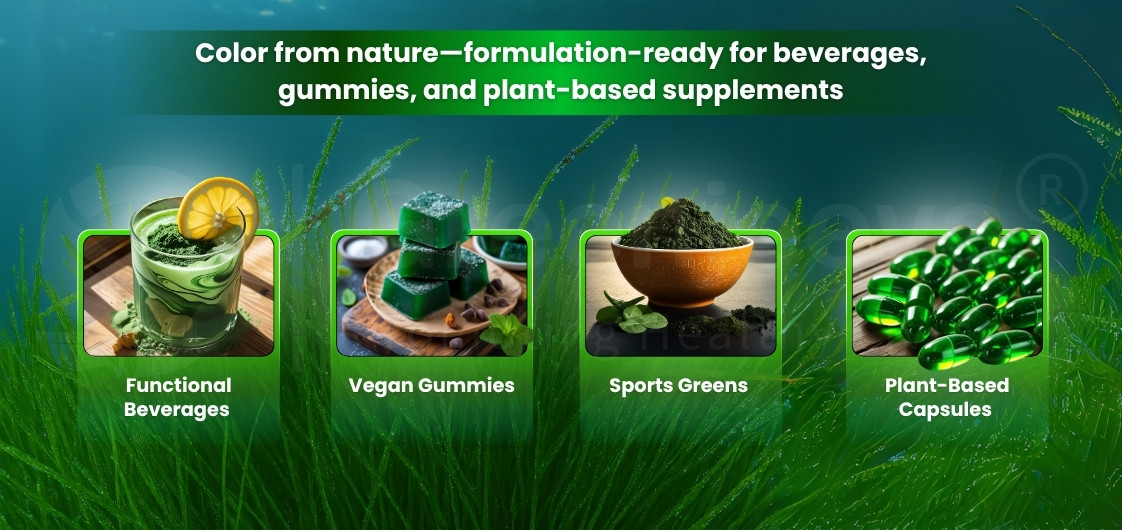
What Is the Shelf Life and Storage Requirement for Organic Spirulina Powder?
Properly packaged Organic Spirulina Powder typically offers an 18- to 24-month shelf life.
To preserve its functional and physical properties:
– Store in cool, dry environments
– Use food-grade, sealed packaging (e.g., foil drums or oxygen-barrier bags)
– Avoid exposure to moisture and light
– Reliable Spirulina Powder B2B suppliers often provide validated stability data and storage guidance with the COA.
Where Can You Find Organic Spirulina Powder Suppliers in Canada?
Canada-based manufacturers can access USDA organic certified Spirulina suppliers offering compliant documentation and scalable supply models.
When searching for Organic Spirulina Powder bulk suppliers in Canada, manufacturers should prioritize:
– Documented quality and traceability
– Capacity for bulk supply and wholesale pricing
– Inventory readiness for same-day shipping to Canada or from North America
– Easy return policy and sample for R&D purposes
Working with a verified FSSC 22000 certified Spirulina Powder supplier like Green Jeeva ensures procurement reliability and speed.
Final Thoughts
Organic Spirulina Powder is more than a natural pigment—it is a formulation-friendly, compliance-ready ingredient that fits clean-label product lines across supplements, beverages, cosmetics, and pet nutrition.
For manufacturers and sourcing heads in Canada, the right procurement strategy means confirming certifications, reviewing lab reports, and selecting a supplier equipped for wholesale pricing, COA-backed supply, and fast fulfillment.
Green Jeeva supports this with certified sourcing, documentation, and samples built for your formulation pipeline. Whether you’re developing functional beverages or supplement tablets, our team ensures your ingredient supply chain stays compliant, consistent, and ready to scale.
Need sample or wholesale pricing details? Get a quote now!
Disclaimer: This blog is intended for informational and B2B educational purposes only. It does not promote or imply health claims. Always consult your internal compliance team before launching a finished product.


